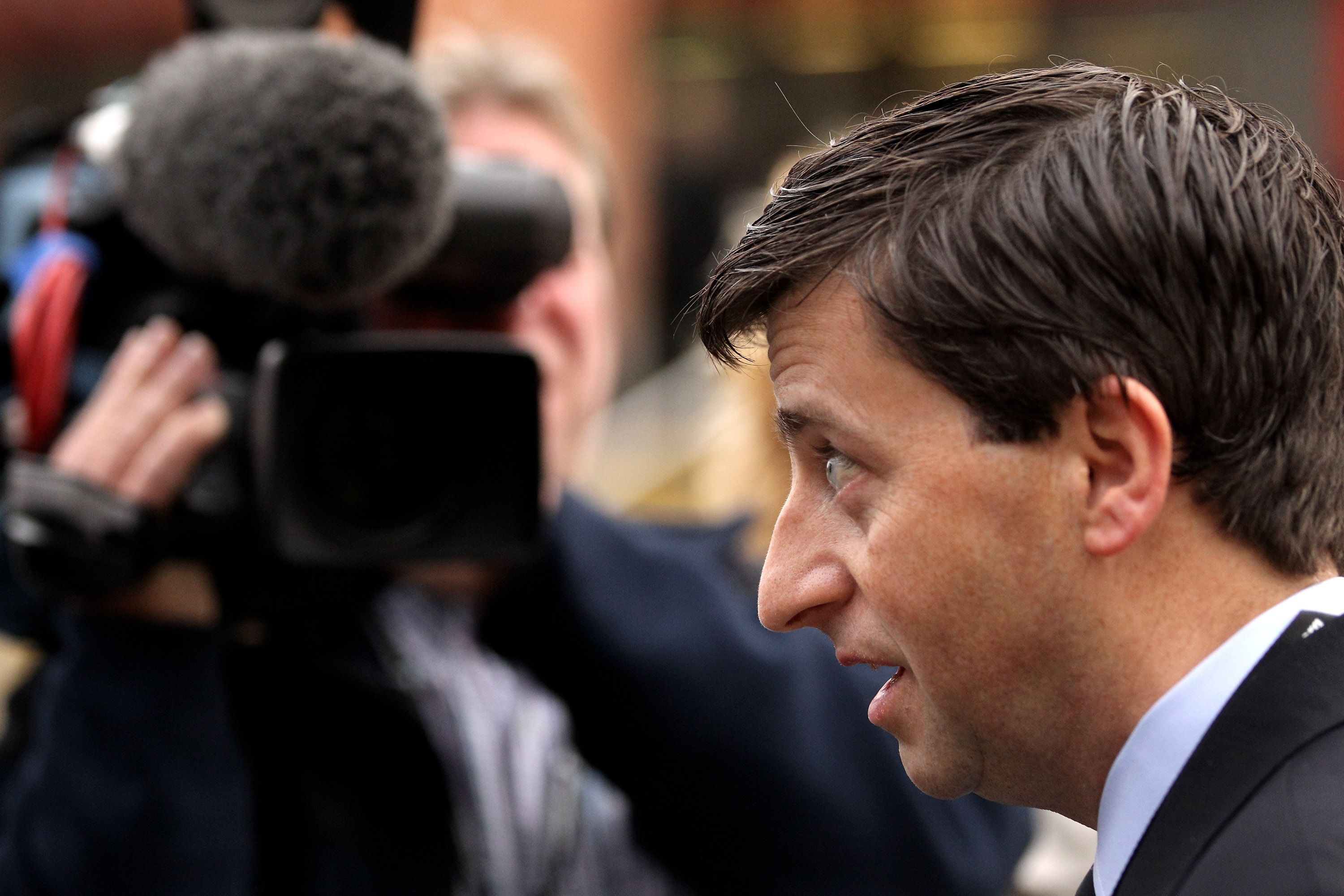I shall be on hiatus for the next week as I’m getting married on Saturday and I have an inkling that this is no time to be concerned that people are wrong on the internet.
I leave you with my latest Think Scotland column in which I consider some of the topics raised by Douglas Alexander in the Judith Hart Memorial Lecture he delivered last week.
Douglas Alexander, probably the most thoughtful Scottish Labour MP (though I accept you may consider that only a minor accomplishment), delivered a typically interesting lecture last week. In it he suggested Scotland needs “a politics of opponents. Not enemies. We need a discourse of political difference, not a politics that descends into personal destruction.”
Indeed. Given the Labour party’s feelings towards the SNP – eagerly reciprocated, it might be said – this seems akin to wishing for the moon. Nevertheless, there is something to be said for Alexander’s call.
More interestingly, indeed more significantly, Alexander quoted the Candian intellectual Michael Ignatieff. According to Ignatieff, “In a court of law, standing determines whether you are allowed to participate in a legal action. In politics, standing also determines your right to be heard and accepted as a legitimate voice in the debate”.
The relevance of Ignattief’s argument to Scotland is not, I think, hard to see. The SNP’s boast of being “Scotland’s party” has always annoyed non-nationalists. There is a presumption to it that grates. Nevertheless, it cannot be denied that the SNP’s election victories have, in large part, been predicated upon a widely-believed view that the party can be trusted to “stand up for Scotland” (whatever that means). By implication, of course, all other parties do not “stand up for Scotland” and, therefore, are stuffed with questionable types, motivated by dubious goals and generally not to be trusted.
Labour, needless to say, is piqued by this. After all, Labour used to think that winning 40% (or so) of the vote in Scotland gave it the right to speak for the whole country. In this respect Labour supporters are merely receiving the kind of treatment they once meted out themselves. It is hard to feel too much sympathy for Labour.
Even so, Alexander was on to something. I was struck by something the nationalist blogger Kate Higgins wrote recently. Attending an event at Stirling University she described how she listened “to a number of young people… who felt they had to explain, regularly, that despite an English accent and itinerant childhoods, they considered themselves to be Scottish, having lived here for most of their lives. The fact that they felt the need to lay out their antecedents to justify their involvement and entitlement in this debate shocked me.”
I am glad Ms Higgins was shocked by this. But I doubt she should have been surprised. Many people whose backgrounds (often, it may be said, reasonably privileged) or accents are not “typically” Scots believe they must justify themselves in the fashion Ms Higgins found so shocking. They are only too aware that many of their notional, indeed real, compatriots are not at all convinced they actually are their compatriots.
Nor is this a matter of accent or background alone. The 400,000 or more Scots (or inhabitants of Scotland, if you will) who still vote Conservative have grown used to being traduced by many of their compatriots. If the Conservatives are declared an “anti-Scottish” party (rather than a party that merely has a different idea of Scotland’s best interests) then it takes no great leap of fancy or logic to deem their supporters “anti-Scottish” too. And if you are badged “anti-Scottish” then not only is there no need to listen to what you may have to say; you cannot expect to be treated as a full member of the community. Again, this is not a criticism of the nationalists alone; Labour have also long been guilty of this kind of talk.
It is a state of mind that punctures the view, so cherished by our blethering classes, that Scotland is an unusually open-hearted, generous, broad-minded place. Instead we are revealed as a narrow-minded, chippy, complacent kind of country still dominated by the unco guid.
But, perhaps especially in a small country, the struggle for political legitimacy is key. It determines who is “allowed” (by some process of mysterious alchemy) to “speak”. There are practical reasons for limiting the referendum franchise to those people living in Scotland. But the debate – and contributors to it – ranges rather more widely than our native moors. The peoples of England, Wales and Northern Ireland have reason to hope their voices may be heard (though not prove decisive) and so, of course, do Scots living in the rest of the United Kingdom or further afield. Many of them, after all, will have claim to a Scottish passport in the event of independence. This is their country too.
Click here for the whole thing. I would add this too: it is quite something when the Prime Minister of the United Kingdom is denied “standing” to speak in a debate about the future of the United Kingdom. Quite something too, when he seems to accept this denial and, even, perhaps, considers it proper.
Anyway, see you next week by which time all will be changed, changed utterly and all that.








Comments